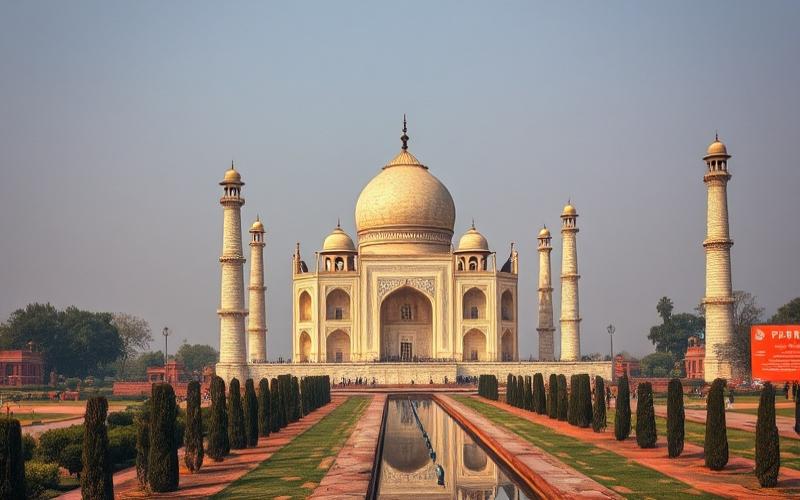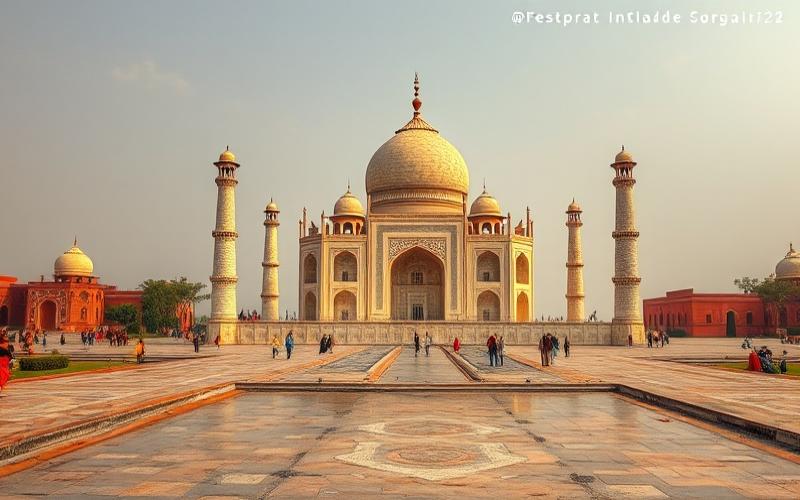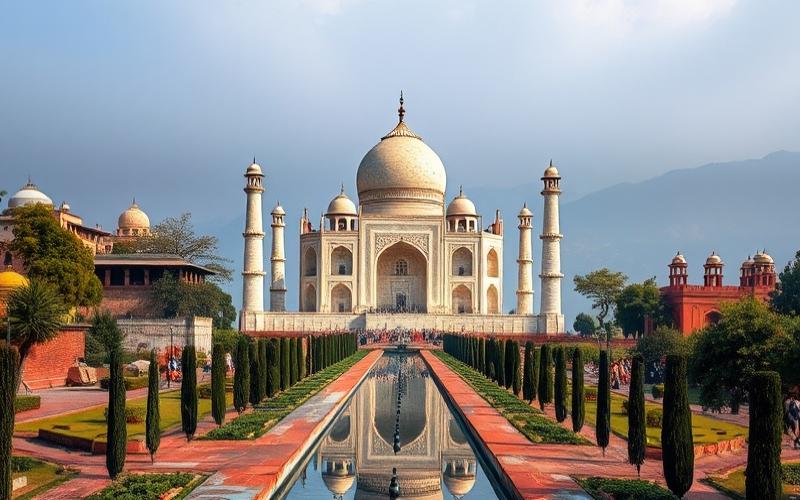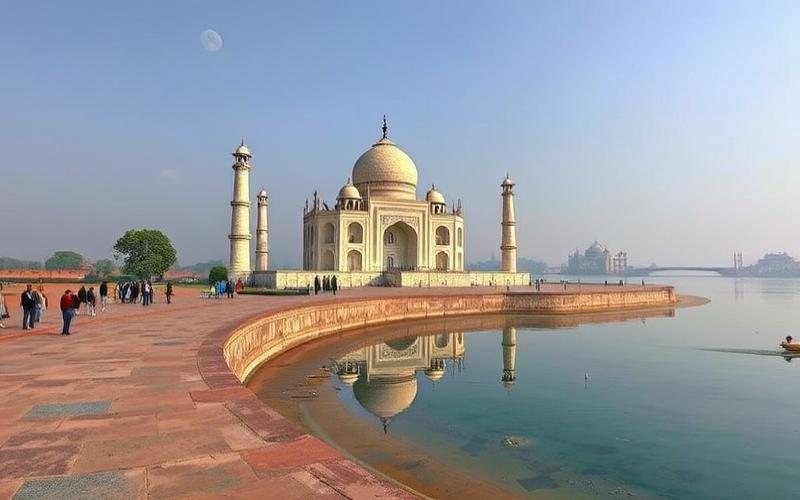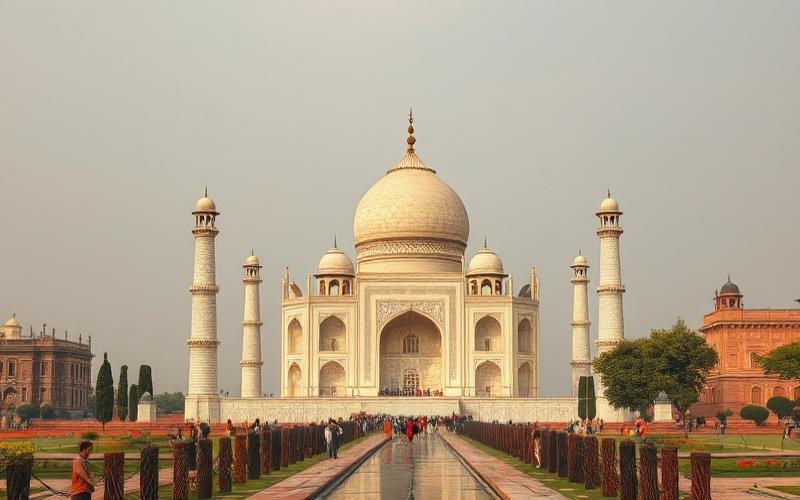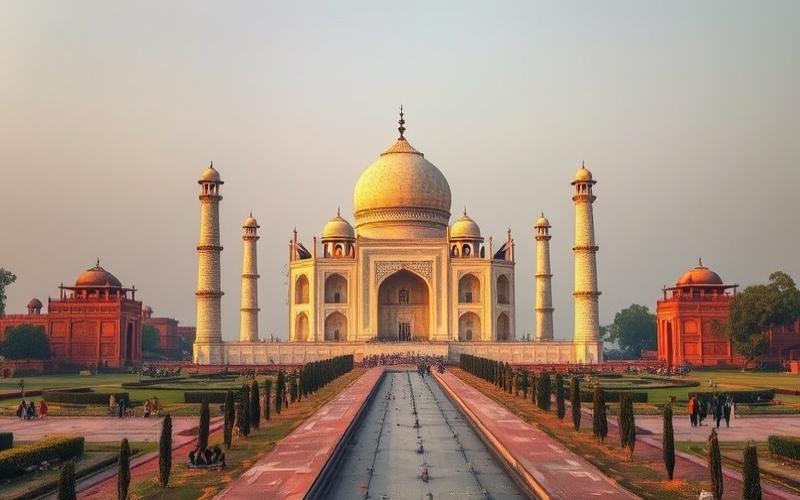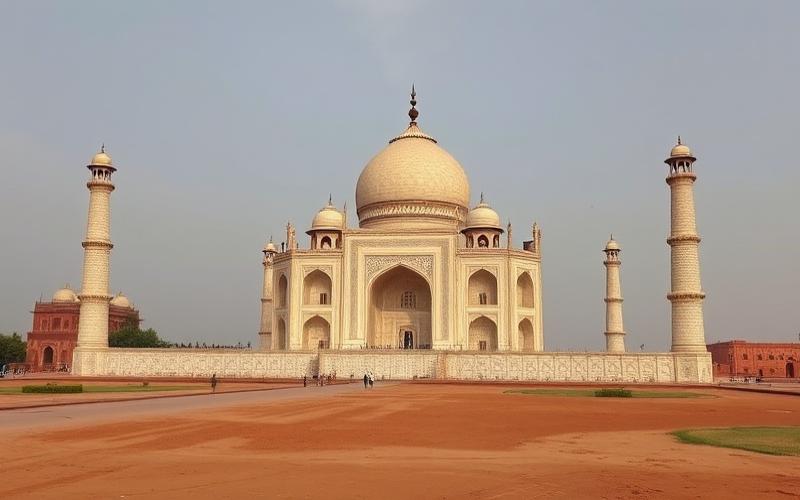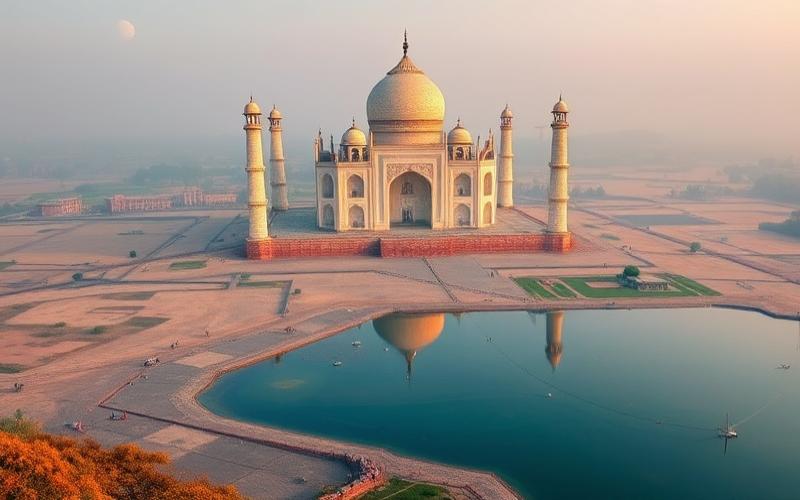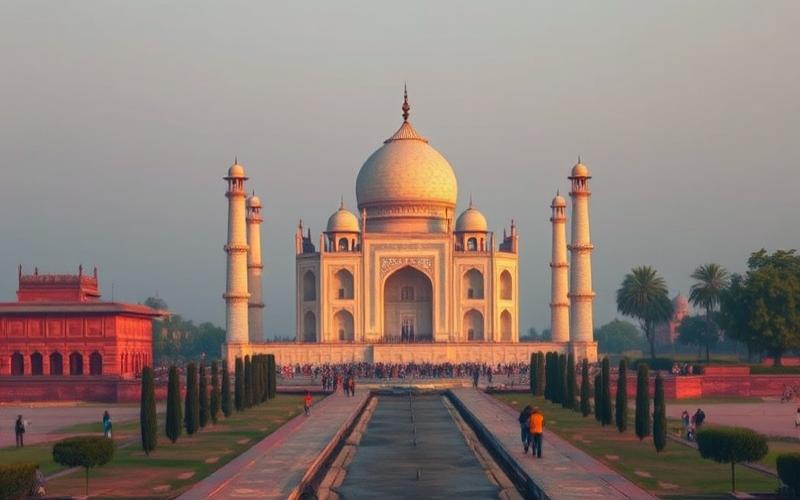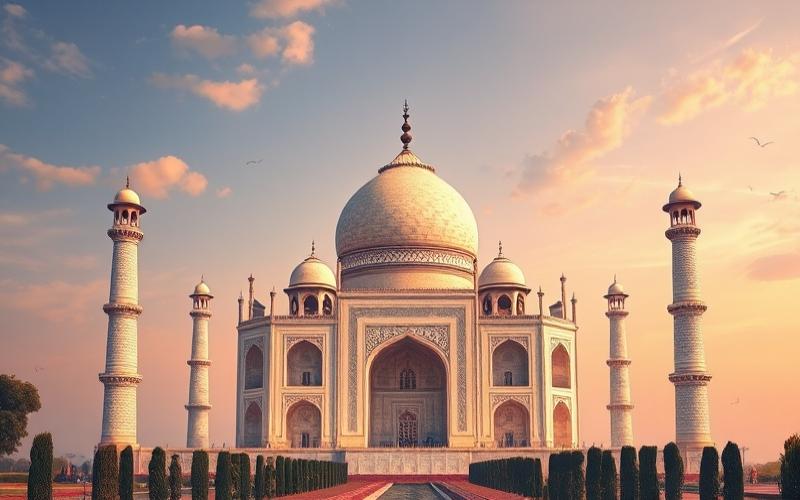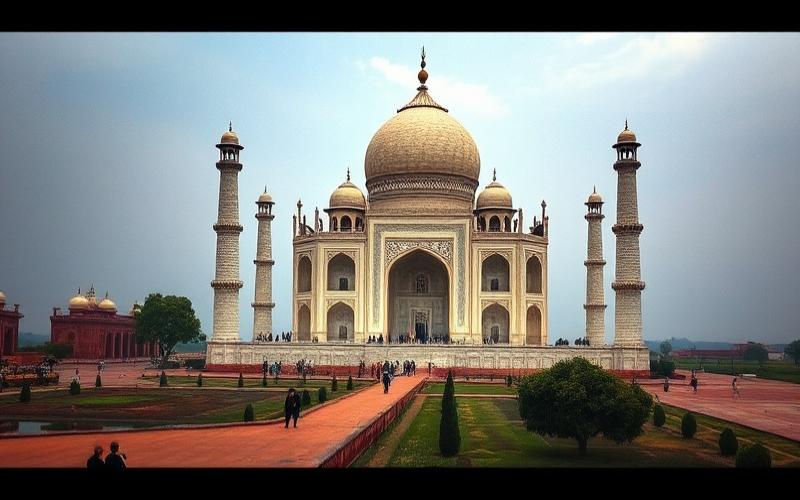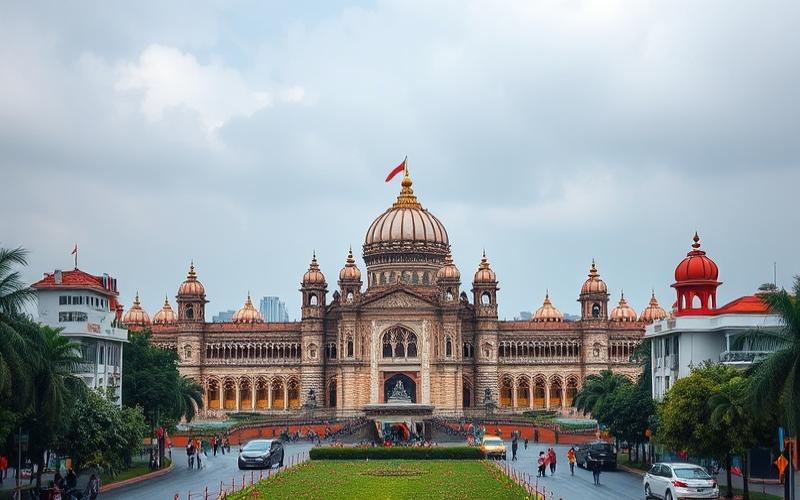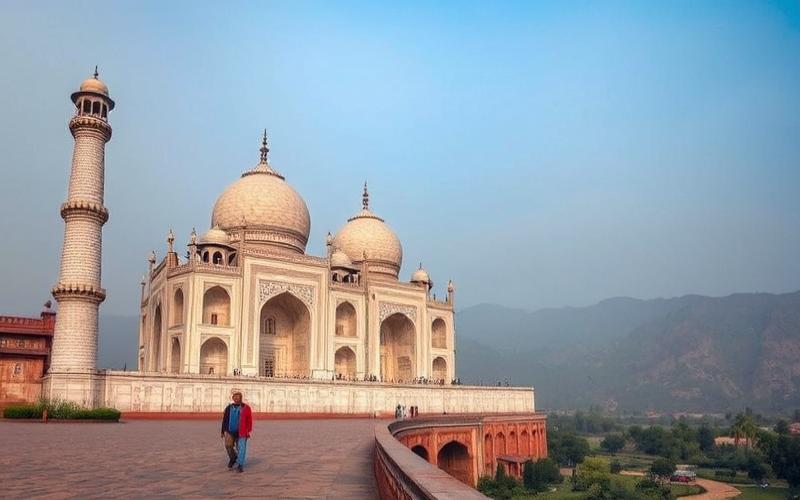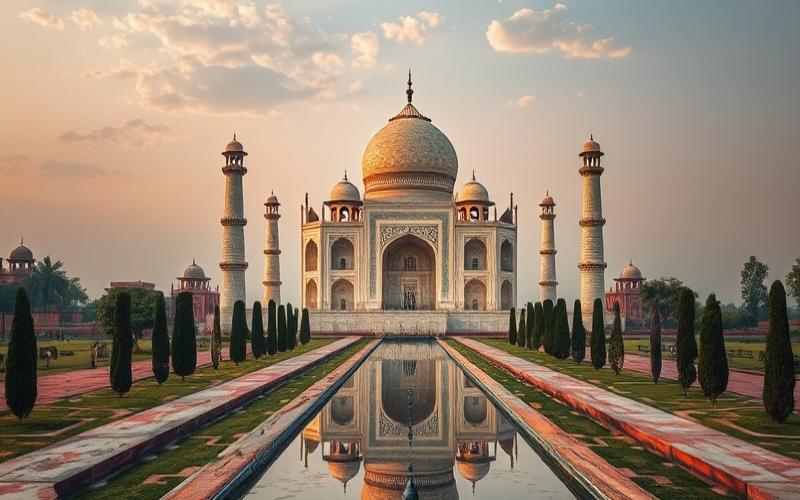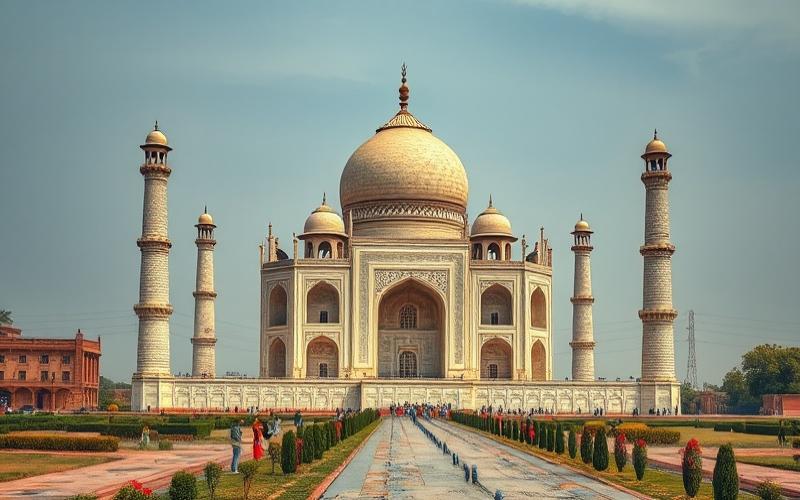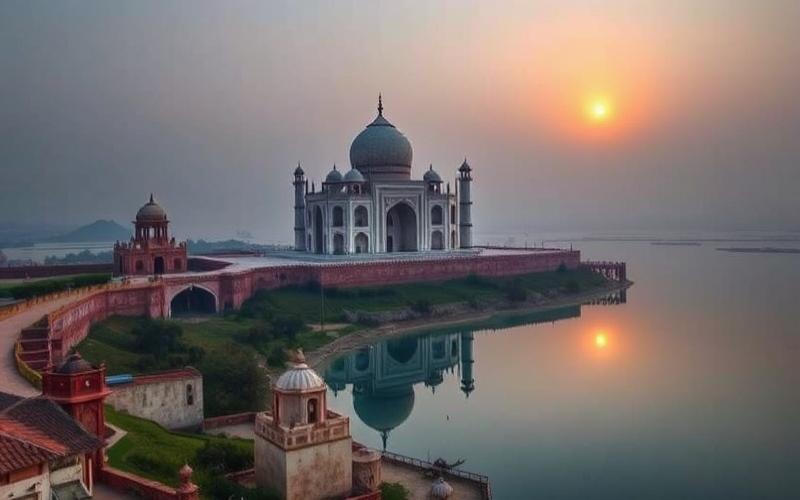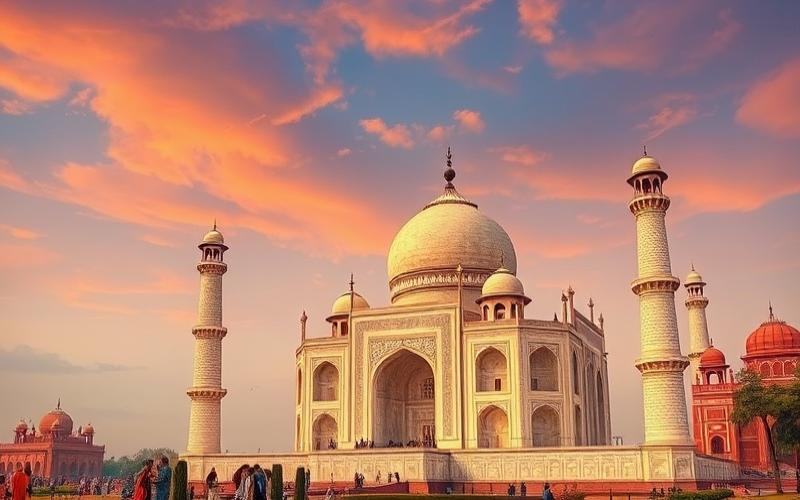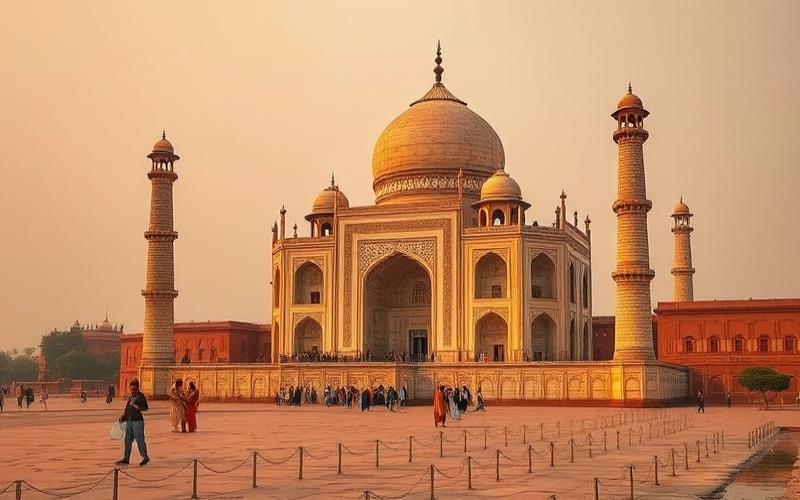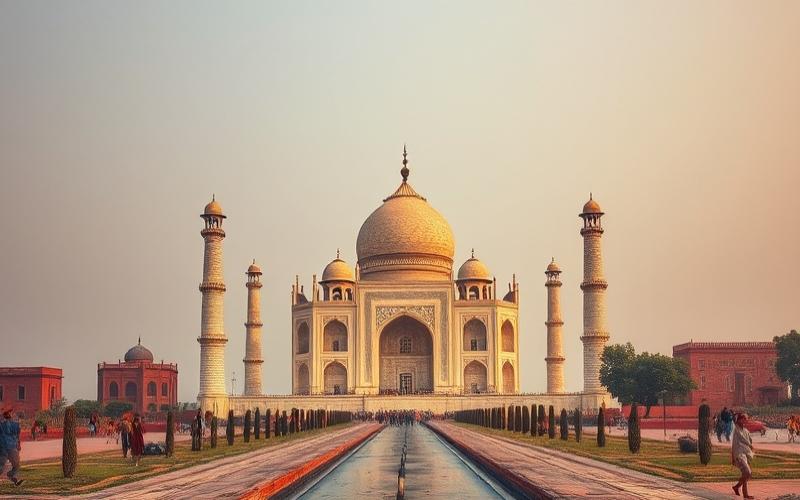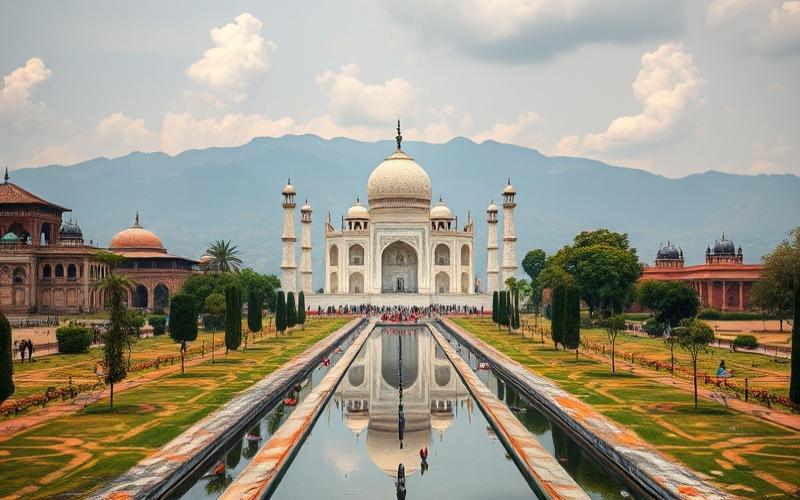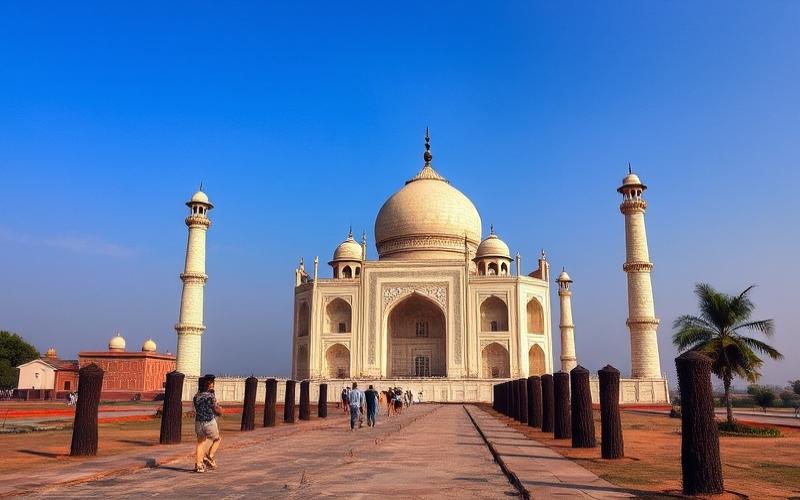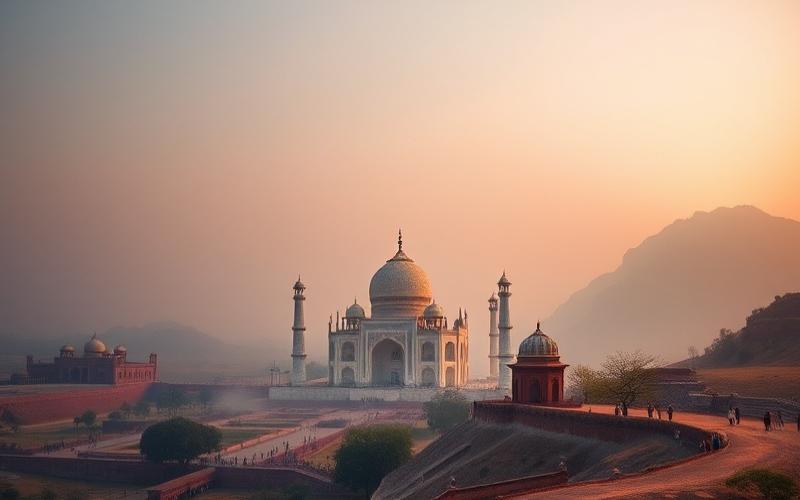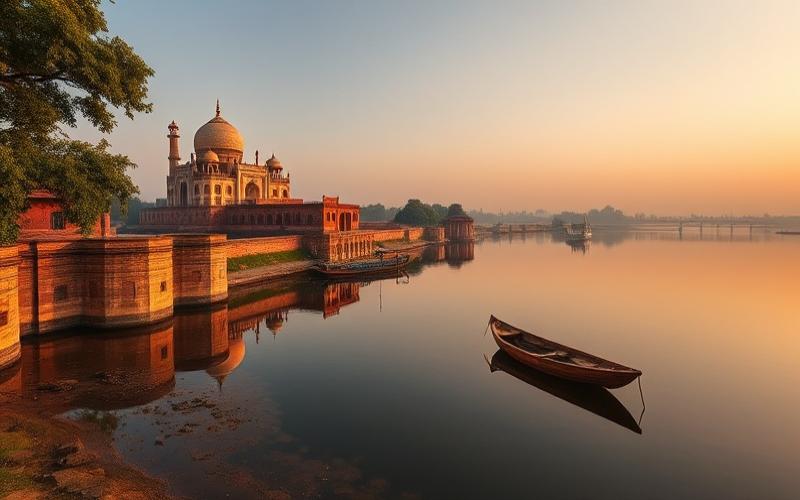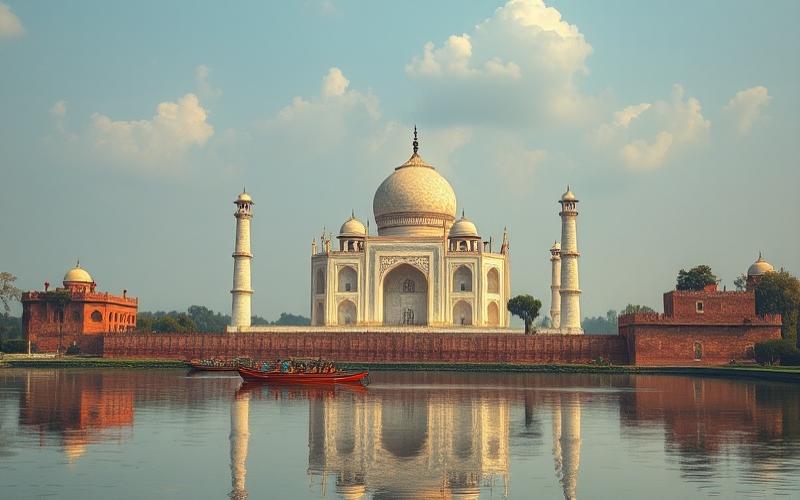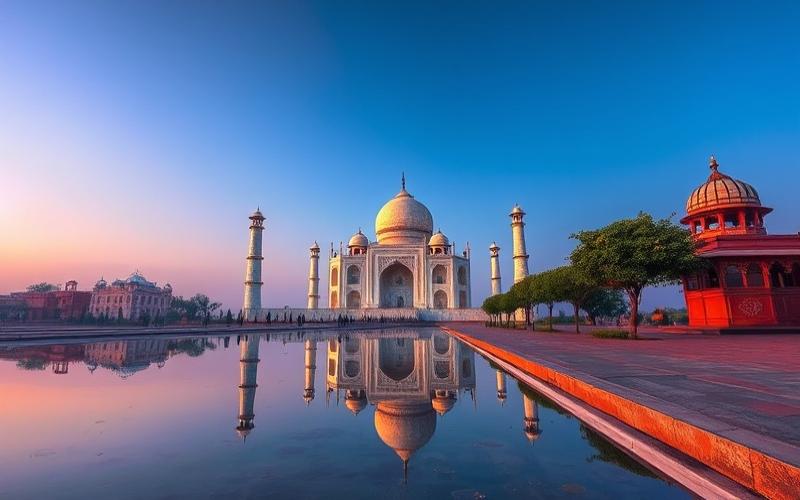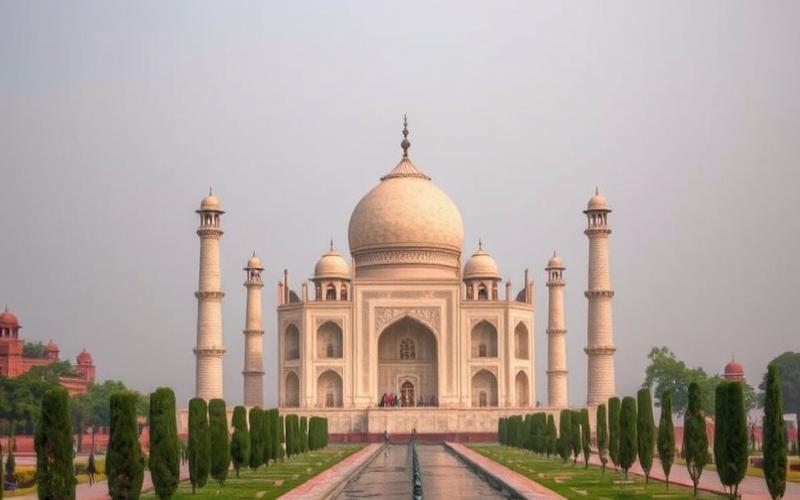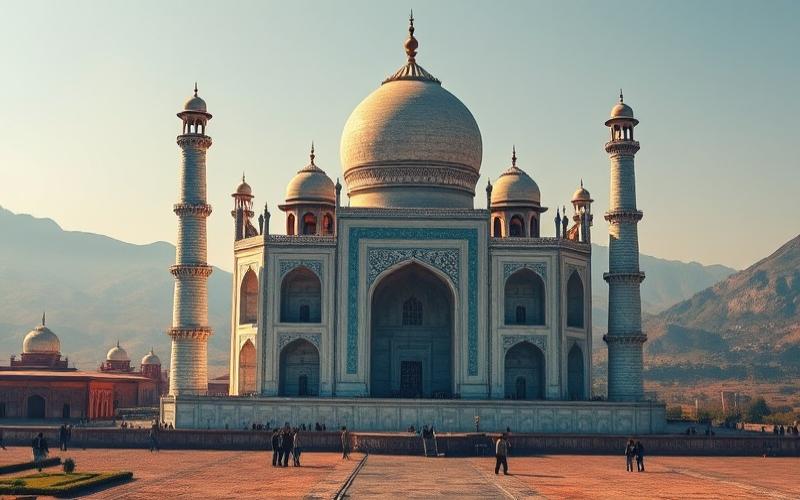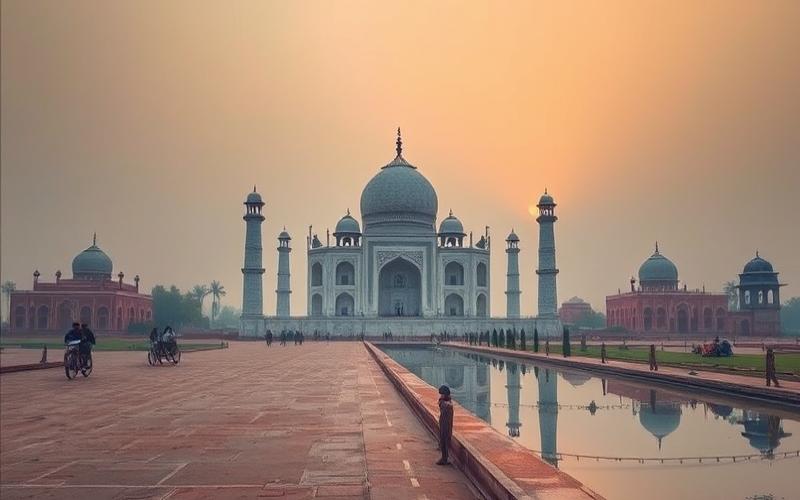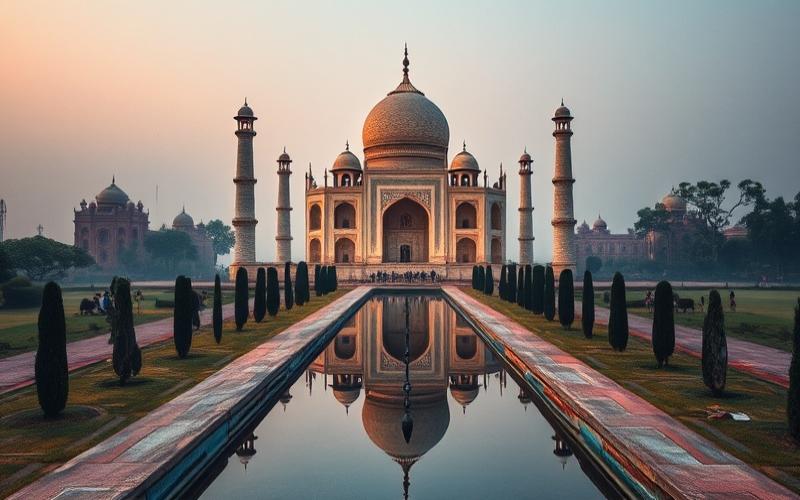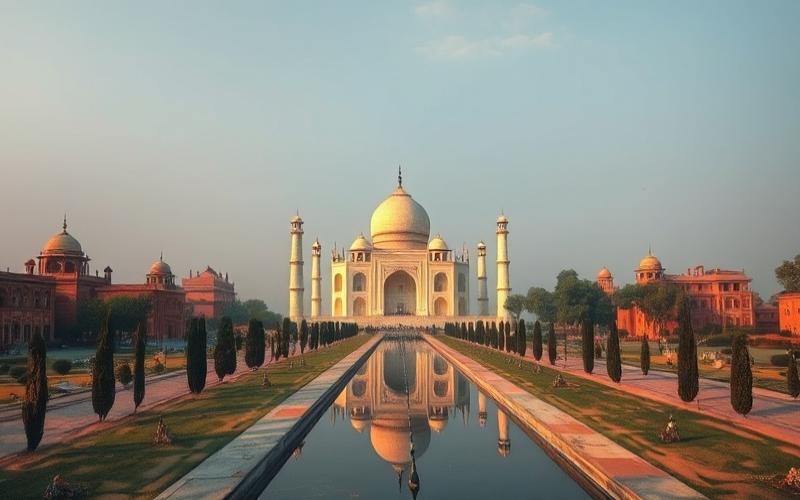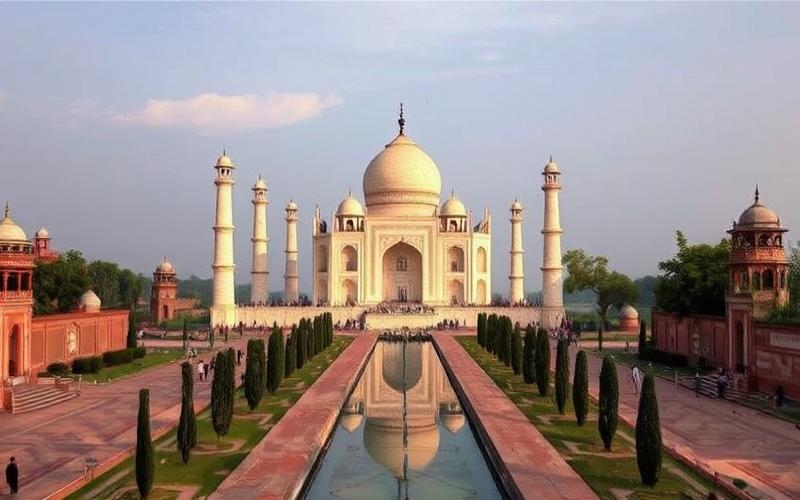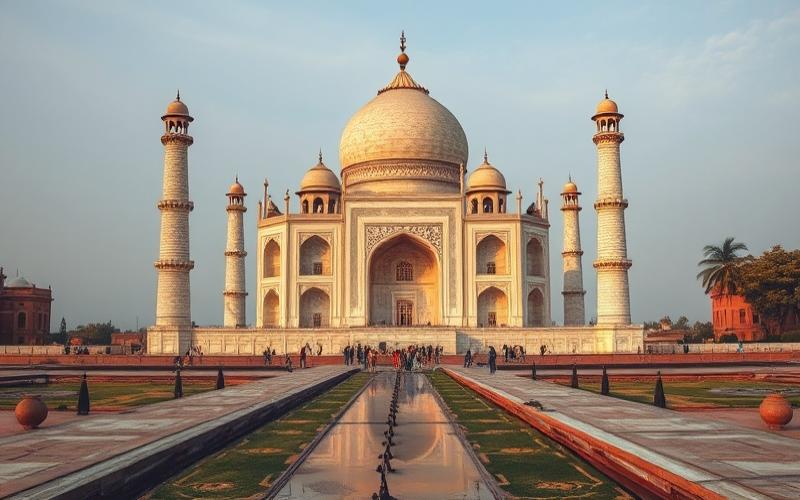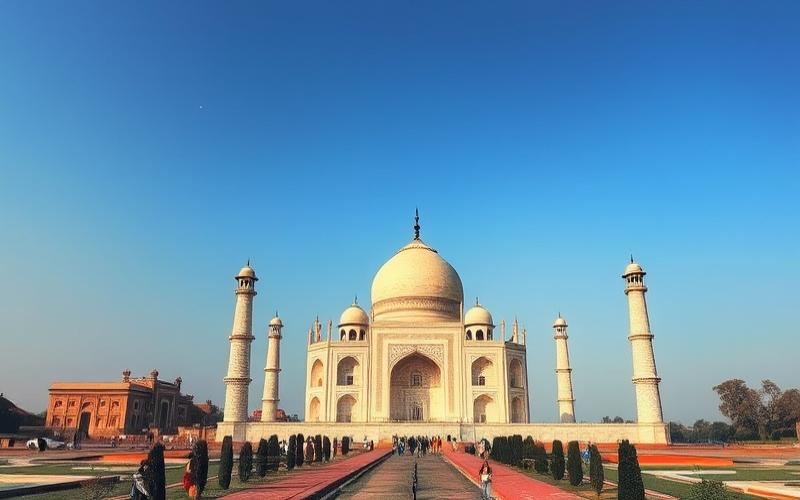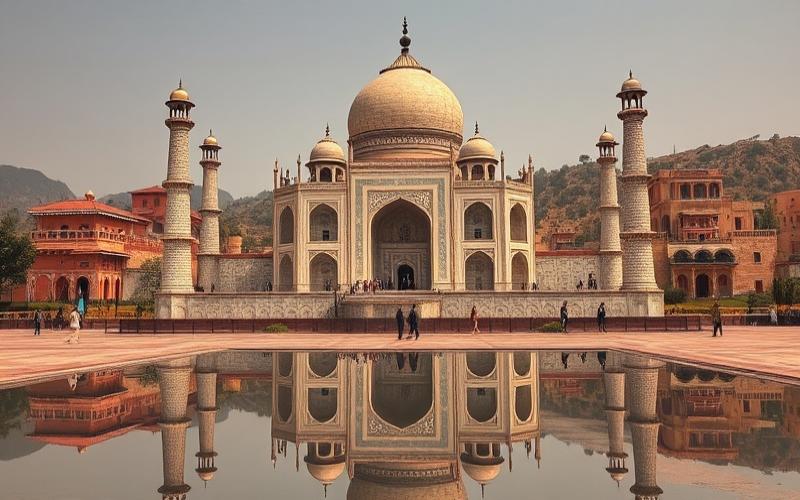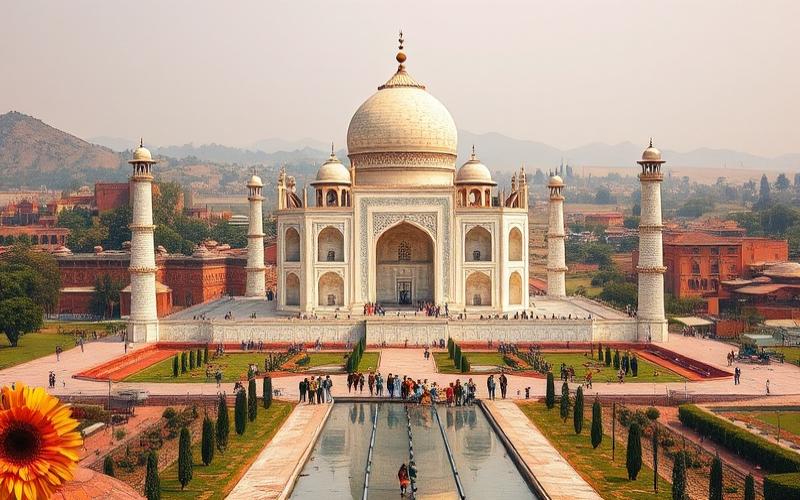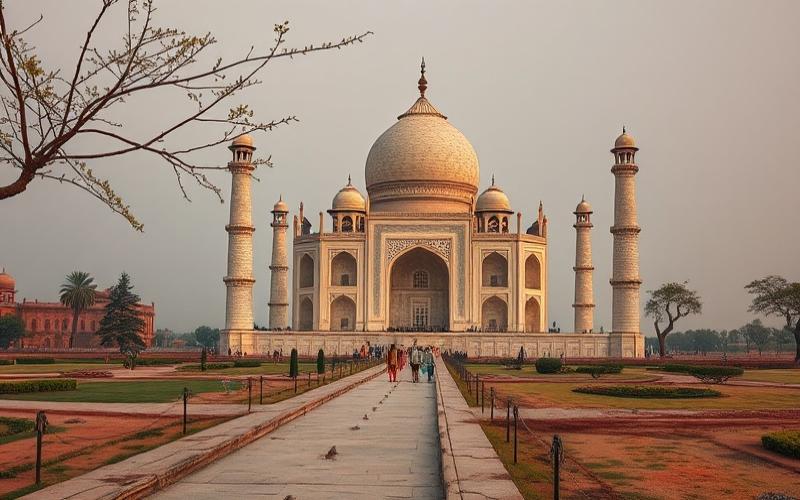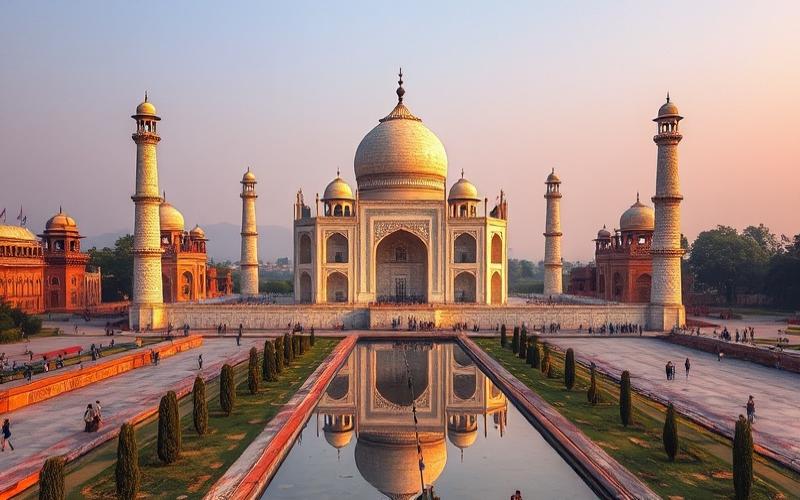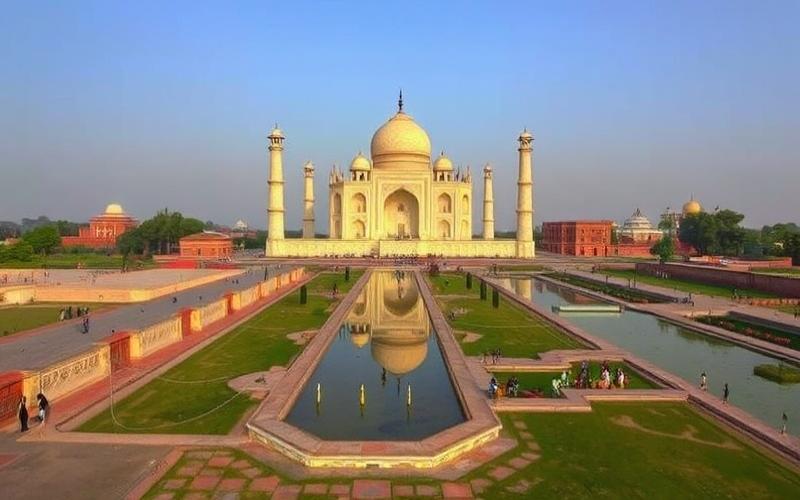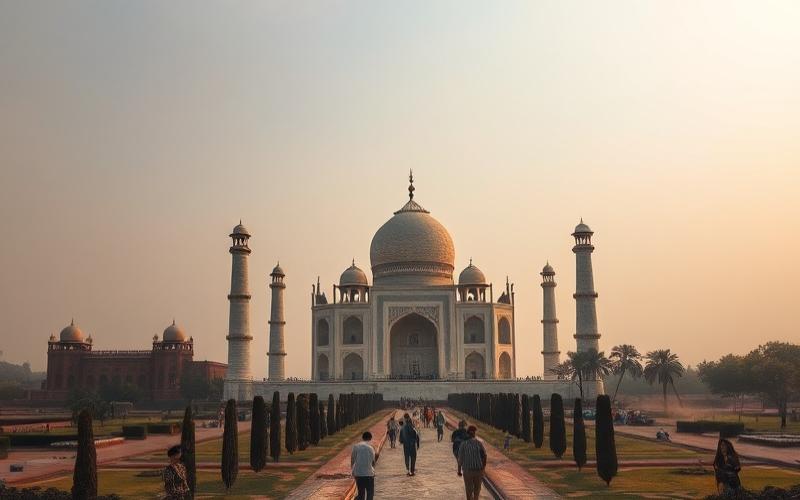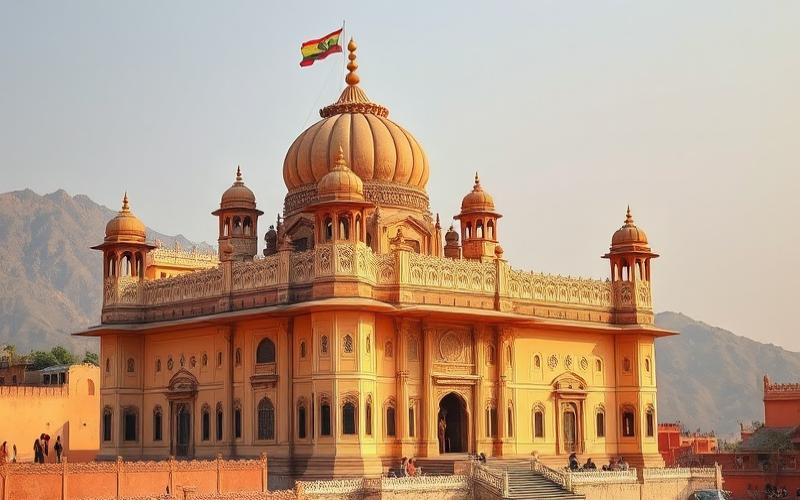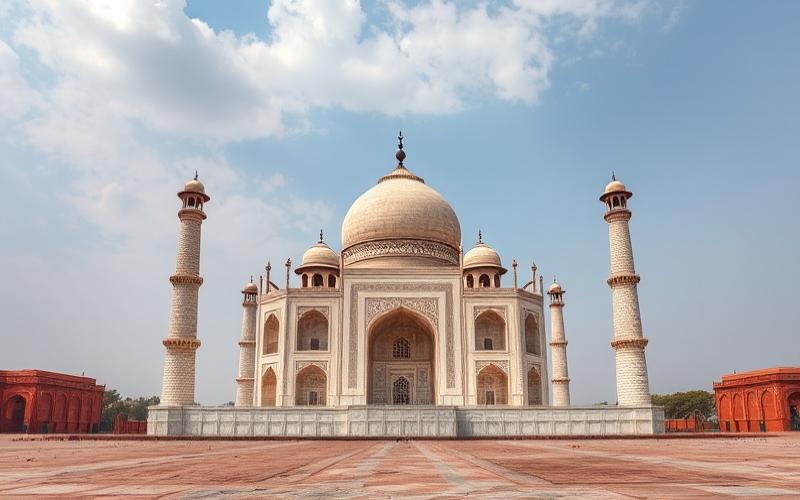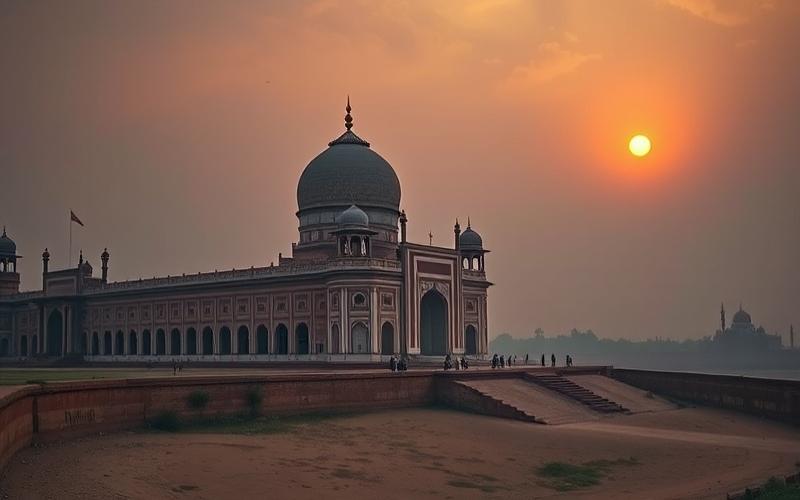
 Published on and written by Cyril Jarnias
Published on and written by Cyril Jarnias
Family Law in India: Between Tradition and Modernity
Family law in India represents a complex and fascinating field that illustrates the country’s cultural and legal diversity. With over a billion inhabitants spread across a territory marked by millennia-old traditions, the legal systems governing adoption and divorce vary significantly according to religious denominations and communities.
This legislative framework, at the crossroads of traditional and modern influences, raises crucial questions about gender equality, the importance of family structures, and how recent social developments influence the legal fabric.
By exploring laws and recent reforms, this article aims to deconstruct the issues and challenges individuals face in this essential area of private and social life in India.
Introduction to Family Law in India
Family law holds a central place in Indian society, as it governs personal and property relationships between family members and shapes social, economic, and religious dynamics. This legal domain structures essential aspects such as marriage, divorce, adoption, child custody, and the division of family assets.
Legal Framework of Family Law in India:
- India has a complex legal system marked by a plurality of family laws that reflect its religious diversity.
- Each religious community generally has its own rules regarding family matters: Hinduism (Hindu Law), Islam (Muslim Personal Law), Christianity (Christian Marriage Act), as well as other religions.
- The system relies on a division of powers between the central government and state governments for certain aspects.
| Religion | Main Law Applied |
|---|---|
| Hinduism | Hindu Marriage Act, Hindu Succession Act |
| Islam | Muslim Personal Law |
| Christianity | Christian Marriage Act |
| Others | Specific laws or local customs |
Areas Governed by Family Law:
- Marriage: legal conditions of marriage according to each religion
- Divorce: procedures vary according to personal laws
- Adoption: distinct rules based on religious affiliation
- Child Custody
- Division of Family Assets
Fundamental Principles Governing Indian Family Law:
- Respect for community autonomy in family matters
- Social and economic protection of vulnerable members
- Valuing the family group as a fundamental social unit
- Intergenerational transmission of material and spiritual heritage
Major Reforms That Shaped This Sector:
- Adoption of Hindu Code Bills in the 1950s radically modernizing Hindu law
- Gradual introduction of measures for gender equality within marriage and during divorce
- Affirmative action policies aimed at improving the legal situation of marginalized castes
Contemporary Challenges Faced by the Indian System:
- Persistence of inequalities related to gender or religious/caste affiliation
- Difficulty in harmonizing various religious systems with universal constitutional principles
- Social pressures around sensitive topics like divorce or interreligious adoption
Recent Legislative Changes:
- Progressive strengthening of individual rights in certain communities
- Public debates around a uniform civil code aimed at gradually replacing multiple personal laws
Indian family law thus remains deeply influenced by its cultural mosaic while evolving under the combined effect of national and international legal reforms.
Good to Know:
Family law in India is crucial for structuring social relations, being intrinsically linked to various religious systems such as Hinduism, Islam, and Christianity. This religious diversity influences family laws, creating a legislative mosaic that covers essential aspects like marriage, divorce, adoption, and asset distribution. For example, Hindu and Muslim laws regarding marriage and divorce differ, but all aim to protect the interests of the involved parties. Legal reforms, such as the introduction of the Hindu Marriage Act and the Muslim Women (Protection of Rights on Divorce) Act, aim to modernize and harmonize these laws. However, challenges remain, particularly regarding gender equality and child protection, exacerbated by contemporary socioeconomic factors. Recent legislative revisions seek to address these shortcomings, illustrating an ongoing effort to balance traditions and modern requirements, such as the increased importance of women’s rights in divorce proceedings.
Adoption Procedures for Expatriates in India
Legal Prerequisites for Expatriates:
- Physical and mental health required.
- Stable financial situation.
- Marital status:
- Heterosexual couples married for at least 2 years or single persons (male or female).
- Single men can only adopt boys.
- Consent of both spouses mandatory for couples.
- Household composition:
- Priority given to households with fewer than two children.
- Age criteria (see table below):
| Child’s Age | Maximum Combined Age of Couple Applicants | Maximum Age of Single Applicant |
|---|---|---|
| Up to 2 years | 85 years | 40 years |
| Between 2 and 4 years | 90 years | 45 years |
| Between 4 and 8 years | 100 years | 50 years |
| Over 8 years | 110 years | 55 years |
A French expatriate family was able to finalize their adoption after submitting a compliant file to the AFA, transmitted through Carings and then validated locally via a partner OAA in India; despite several months required between initial matching and final NOC/CARA approval, their close follow-up enabled a smooth integration thanks to post-adoption monitoring organized in their host country as well as in India.
A Franco-Indian couple temporarily residing in India recently benefited from an accelerated procedure thanks to digital initiatives implemented post-pandemic; their complete file was quickly validated, allowing an official adoption within eighteen months, compared to twenty-four previously in their comparable prior situation.
To maximize their chances, any expatriate applicant must early on surround themselves with recognized expert organizations both in their country of residence and in India
Good to Know:
To adopt in India, expatriates must meet strict conditions regarding age, with a limit often set at 55 years, and demonstrate financial and residential stability. The Central Adoption Resource Authority (CARA) oversees the process, and only the use of accredited agencies is permitted. Key steps include submitting the application, evaluating candidates through social investigations, and thorough background checks. Registration with Indian authorities and obtaining authorizations from the country of origin are crucial. The process can be slowed by rigorous verifications, although it has been simplified by recent initiatives aimed at reducing delays. For example, expatriates who prepared their file well and communicated effectively with agencies succeeded in adopting within reasonable timeframes. Understanding and complying with specific country laws, including rules issued by CARA, is essential to successfully navigate legal and administrative formalities.
Divorce Procedures for Expatriates in India
Indian Laws Applicable to Foreigners Seeking Divorce
Divorce law in India largely depends on the spouses’ religion. Several laws coexist: Hindu Marriage Act (Hindus), Special Marriage Act (civil or interreligious marriages), Indian Divorce Act (Christians), Dissolution of Muslim Marriages Act (Muslims), Parsi Marriage and Divorce Act (Parsis).
For foreigners, Indian law applies if the divorce is filed in an Indian court, whether the marriage was celebrated in India or abroad.
Distinction:
- Marriages celebrated in India: generally, Indian courts have jurisdiction.
- Marriages celebrated abroad: jurisdiction depends on the spouses’ residence, nationality, and connection to India. A marriage registered under the Special Marriage Act in India allows invoking this text even for foreign nationals.
Competent Jurisdictions and Prerequisites
Indian Family Courts are competent to handle divorces, provided at least one spouse resides in India or the marriage was celebrated there.
Prerequisites:
- Residence of one spouse on Indian territory.
- Marriage registration (if celebrated abroad, it is advisable to register the marriage in India to facilitate the procedure).
- Two lawyers required (one per spouse).
Types of Divorce and Specific Procedures
| Type of Divorce | Description | Main Procedure |
|---|---|---|
| Divorce by mutual consent | Agreement of both parties; the fastest (approximately 2 years minimum) | Filing a joint petition, two court appearances before the judge |
| Contested divorce | One spouse files for divorce on grounds recognized by law (adultery, cruelty, abandonment, etc.) | Unilateral complaint, lengthy procedure (3 to 5 years), investigation and hearing |
| Religious divorce | Grounds and procedures vary by denomination (Hindu, Muslim, Christian, Parsi) | Filing the application according to the specific religious law |
Rights and Obligations of Expatriates
- Property division: No automatic community property regime. Division depends on proof of ownership and agreements between spouses.
- Child custody: The child’s best interests prevail. Indian courts may grant custody to one parent, even if foreign, but the child’s departure from the territory may be restricted.
- Alimony/maintenance: One spouse may be ordered to pay alimony to the other, based on respective needs and means.
Specific Challenges for Expatriates
- Cultural differences: Influence of religion on procedure, social pressure, divorce stigma.
- Delays: Lengthy procedures, overloaded courts.
- International recognition: An Indian divorce judgment sometimes needs recognition in the expatriate’s home country to take effect.
- Language and access to information: Procedures in English or local languages, complexity of the judicial system.
Available Services and Resources
- Specialized international family law attorneys: Advice on procedure, judgment recognition abroad, protection of property and parental rights.
- Embassies and consulates: Administrative support, attorney lists, mediation.
- Expatriate associations: Emotional support groups, experience sharing.
- Psychologists and family mediators: Psychological support and assistance in amicable dispute resolution.
Key Takeaways
- Divorce procedure in India for expatriates depends on the marriage celebration location, residence, and religion.
- It is recommended to consult an experienced local attorney in international law to secure rights and ensure divorce recognition abroad.
Good to Know:
In India, foreigners seeking divorce can refer to specific laws like the Hindu Marriage Act or Special Marriage Act, depending on the location and terms of the marriage. Marriages celebrated in India are subject to local law, while those contracted abroad may require recognition by an Indian court. District courts are generally competent to handle these cases, although proof of residence in India is often required. Two main forms of divorce exist: divorce by mutual consent, decidedly less conflictual, still requires a six-month reflection period, and contested divorce which can be longer and more complicated.
Impact of Family Laws in India on Foreign Residents
Current Family Laws in India and Applicability to Foreign Residents
- Marriage and divorce: India applies a pluralistic legal system, with different laws according to religion (Hindu Marriage Act, Special Marriage Act, Muslim Personal Law, etc.). The Special Marriage Act is the main legal framework for civil interreligious marriages or those involving at least one foreigner. For divorce, procedures are lengthy and may require minimum residence or proof of prolonged separation.
- Adoption: Only certain legal frameworks permit official adoption. The Hindu Adoption and Maintenance Act concerns only Hindus; for non-Hindus and foreign residents in India, the procedure generally goes through the Juvenile Justice (Care and Protection of Children) Act. International adoptions are regulated by the Central Adoption Resource Authority (CARA), which imposes strict rules.
- Applicability to foreigners: Foreigners can adopt under strict conditions: proof of prolonged residence in India (usually two years), file validated by their embassy, and compliance with CARA procedures. For divorce with an Indian citizen, Indian jurisdiction applies if at least one is domiciled or regularly resides in the country.
Challenges Faced by Foreign Residents
Lengthy and complex administrative procedures requiring certified translation of civil status documents.
Need to obtain appropriate visas (long term visa required for adoption).
In case of divorce:
- Difficulty in having a foreign decision recognized in India if one party refuses local validation.
- Risk of inequalities related to child custody when children also have Indian nationality: priority often given to keeping them on Indian soil.
List of Main Challenges:
- Cultural disparities in interpreting family law
- Language requirements (proof of Hindi/English knowledge sometimes required for naturalization after marriage)
- Significant judicial delays
- Enhanced control since 2025 on all procedures involving minor children
Impact of Recent Legislative Reforms
| Reform | Main Effect | Specific Impact on Foreign Residents |
|---|---|---|
| Immigration and Foreigners Act 2025 | Strengthened immigration control; centralization via National Immigration Authority | More controlled access to family rights; systematic digital tracking; increased sanctions |
| New passport/citizenship rules 2025 | Partial simplification but strengthened cultural/linguistic integration criteria | Family files examined more strictly during mixed adoption/divorce applications |
The new laws notably aim to reduce fraud but often lengthen timeframes to finalize an international adoption or obtain a definitive divorce judgment.
Case Studies/Statistics Illustrating Real Impact
Typical example:
A Franco-Indian couple living in Mumbai had to wait nearly three years before their adoption was recognized locally and then internationally. Several similar cases report:
- An average waiting period exceeding two years between initial filing and final judgment for international adoptions.
| Year | Total Number of Foreign Adoptions Validated in India | Average Delays Observed |
|---|---|---|
| 2022 | ~500 | ~22 months |
| 2024 | ~420 | ~27 months |
For international divorce involving at least one Indian citizen:
Statistically, approximately 60% of judgments rendered outside India do not automatically gain recognition without new local proceedings.
Current Criticisms/Debates & Evolution Perspectives
Main criticisms:
- Lack of harmonization between Indian domestic laws and international conventions (example: Hague Convention)
Debated Points:
- Insufficient protection against international parental abductions
- Procedural rigidity limiting speed/adaptability to new globalized family profiles
Possible Perspectives:
- Expected creation of a specialized family jurisdiction open to international cases
- Better bilateral cooperation via treaties facilitating mutual recognition of family court decisions
Effective integration of specific expatriate needs remains limited despite some recent administrative digital advances.
Good to Know:
In India, family laws, particularly regarding adoption and divorce, also apply to foreign residents but may present distinct challenges. For adoption, only nationals of countries with a reciprocity agreement with India are eligible, limiting options for some foreigners, while the process can be complex due to strict regulations and cultural differences. In divorce matters with an Indian citizen, foreign residents must navigate a legal system where personal law depends on the partners’ religion, sometimes causing additional complications. Recent reforms, promoting more transparency, have simplified some processes, but criticisms persist regarding their slowness in integrating specific foreigner needs. Examples reveal that timeframes to finalize an adoption or divorce are often prolonged, sparking debates on the need for law standardization and increased consideration of divergent cultural realities.
Disclaimer: The information provided on this website is for informational purposes only and does not constitute financial, legal, or professional advice. We encourage you to consult qualified experts before making any investment, real estate, or expatriation decisions. Although we strive to maintain up-to-date and accurate information, we do not guarantee the completeness, accuracy, or timeliness of the proposed content. As investment and expatriation involve risks, we disclaim any liability for potential losses or damages arising from the use of this site. Your use of this site confirms your acceptance of these terms and your understanding of the associated risks.

